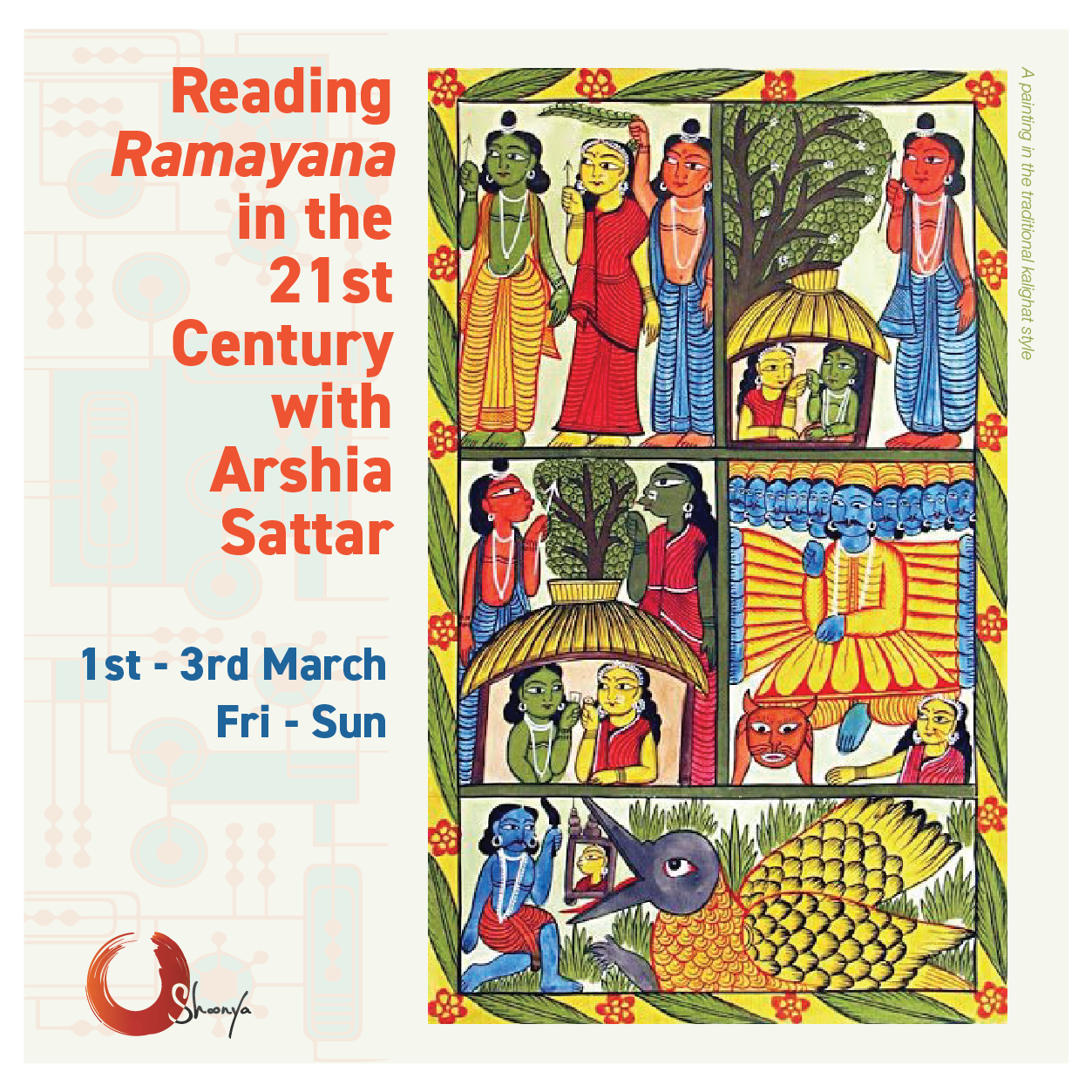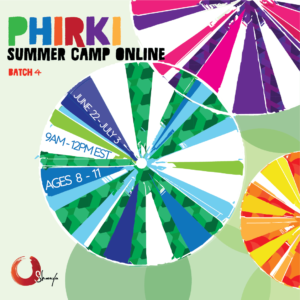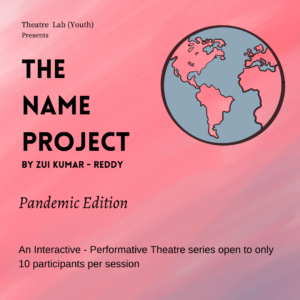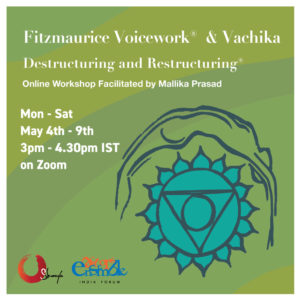Reading Ramayana in the 21st Century with Arshia Sattar
Literature
Workshop
Fri, 01 Mar 2019 Fri - Sun / 1 - 3 March
Fri - 6.30 - 8.30 PM
Sat & Sun - 3 - 7 PM
₹3000

This workshop will be back later this year. If you are interested please write to us.
Everyone in India has some idea of the Ramayana, we all claim to know it, we have strong opinions about it though few of us have actually read it. Moreover, most of us have little or no familiarity with the first Ramayana, the one composed by Valmiki in Sanskrit. This story forms the basis for the Ramayanas that we know, the ones closest to us, usually from our mother tongues and our grandmothers’ tales. This weekend offers us a chance to read the Valmiki Ramayana in translation and get to know it in an intimate environment of conversation and guided discussion.
Reading Ramayana in the 21st Century with Arshia Sattar
Fri – Sun / 1 – 3 March
Fri – 6.30 – 8.30pm
Sat & Sun – 3 – 7pm
Rs 3,000
*Limited 50% disocunts available for students / professional artists
ಆರ್ಶಿಯ ಸತ್ತಾರ್ ಅವರೊಂದಿಗೆ 21 ನೇ ಶತಮಾನದಲ್ಲಿ ರಾಮಾಯಣ ಪಠನ
ಶುಕ್ರ – ಭಾನು / 1 – 3 ಮಾರ್ಚ್
ಶುಕ್ರ – ಸಂಜೆ 6.30 – 8.30 ಗಂಟೆ
ಶನಿ ಮತ್ತು ಭಾನು – ಅಪರಾಹ್ನ 3 – ಸಂಜೆ 7 ಗಂಟೆ
ರೂ 3,000
About the workshop
How do we read a text that comes to us from the distant past? How do we understand a story that is 2500 years old? Can it speak to us at all, as we live through the troubles and successes of our lives, both private and public? What meaning can the Ramayana, a grand epic about kings and princes and abducted wives, ten-headed demons and magical weapons, monkeys who speak like us and fly like birds, have for us in the 21st century? The Ramayana speaks of all of these things from a time and place that was never ours. And yet, the story has remained with us, it has provided inspiration for music and art, for literature and performance.
Over three days of close readings and discussions, we will see that the Ramayana is about righteous and rightful kings, it is about magical beings and great adventure. But it is also a deeply personal story about love and longing, trust and betrayal, about jealousy and rivalry, about conflicting duties and great responsibilities. The Ramayana shows us what it means to have choices, how what we choose determines who we are.
Ramayana in the 21st century with Arshia Sattar will meet over the weekend of March 1 to 3, 2019.
About the facilitator
Arshia Sattar has a Ph.D. in South Asian Languages and Civilisations from the University of Chicago. Her translation of the Valmiki Ramayana was published in 1996 by Penguin and has remained in print constantly since then. She has also published essays on the Ramayana – Lost Loves: Exploring Rama’s Anguish (2011) and Uttara: the Book of Answers (2017). Most recently, her re-telling of the Ramayana for children has been published by Juggernaut.
Note:
All participants MUST read the Ramayana of Valmiki (trans-Arshia Sattar, Penguin Books, 1996) prior to attending the workshop.
* The book is available at: https://www.amazon.in/Ramayana-Valmiki/dp/0140298665/
Participants are also recommended to watch:
Mani Ratnam’s Raavan (free screening at Shoonya on Sunday, Feb 24 @5pm)
and Nina Paley’s Sita Sings the Blues (Tuesday, Feb 26 @6.30pm).
Structure of the workshop
FRIDAY 1 MAR
PLEASE READ CHILDHOOD before you come to the session.
You can also read the INTRODUCTION if you like.
Themes and issues that it raises will be discussed through the course of the weekend.
– General introduction to the Valmiki Ramayana
– Period of composition, Relation to other Ramayanas, The impact of Bhakti
SATURDAY 2 MAR
PLEASE READ AYODHYA, WILDERNESS AND KISHKINDHA before coming to the session.
– Close reading and discussion of these 3 books within the Ramayana
SUNDAY 3 MAR
PLEASE READ BEAUTY, WAR AND EPILOGUE before coming to session.
– Discussion and close reading of the 3 books, general issues and themes that have come up in the text.
– How do we read Ramayana in the 21st century?
The discussions will only be deeper and more rewarding if participants come prepared to participate with your ideas and concerns.
Watching the movies is important, though not compulsory. We have organised two open screenings at Shoonya in the preceding week. You may also watch them at your own time, at home of course.
We look forward to our conversations.
Enjoy the book!


